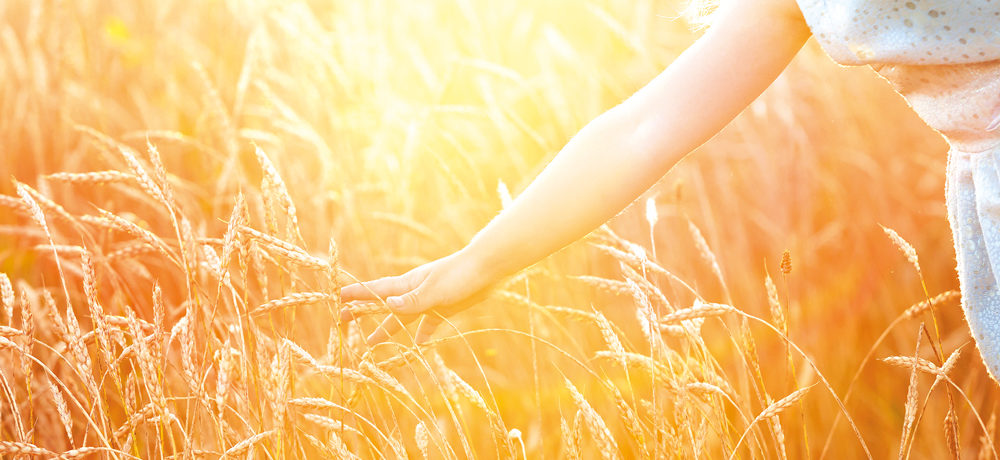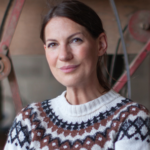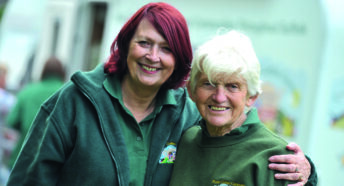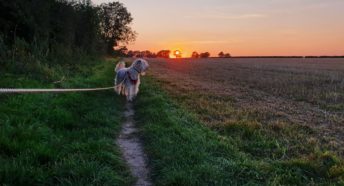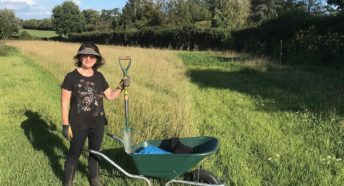Harvest tea: Sarah Langford on reconnecting with rural traditions
For harvest tea this year, I shall pack the food of my childhood. I shall tell my two sons, aged five and seven, how I also once stood on a chair in a farmhouse kitchen in the heat of late summer, as I remember my grandmother, a veteran of harvest teas.
She and my grandfather had begun their tenancy on their Hampshire farm in 1959. During harvest she would take food to him and the 11 others who worked for them in the field, so they wouldn’t waste precious time coming up to the house. The men would drink sweet tea from glasses bottles that had cooled by the time it reached them. On blankets laid over the stubble she would set out rock cakes, shortbread and egg sandwiches with butter as thick as the filling. It became a kind of ceremony. Even after my mother and her siblings had left the farm for new lives, they would still come back to help with harvest. My mother would drive the corn cart, steering the cab-less tractor whilst wearing a bikini and a bandana, because it was the 1970s and one must therefore never miss an opportunity to tan. There were fewer men to feed then. By the time I was born, most of them had been replaced by machines.
Until five years ago, I had not fully understood the imprint these memories had made upon me. I left country life long ago, qualifying as a criminal and family barrister and starting my own family in London. But then, unexpectedly, our circumstances changed. We left our urban life and moved to Suffolk, where my husband grew up, and took on the running of his small family farm.
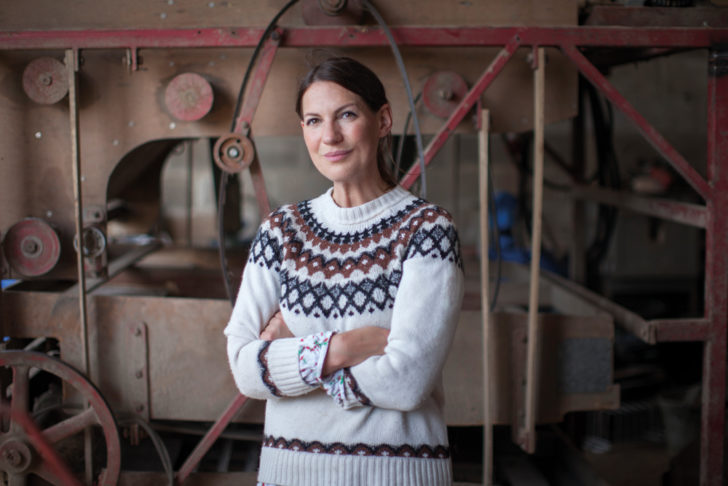
I soon realised we had become farmers during one of the biggest changes in agriculture’s history for generations. As a consequence of Brexit, subsidies were being withdrawn. Farmers were no longer seen as heroes feeding a nation made hungry by war, but often as villains charged with causing ecological catastrophe. Food was no longer seen as a public good, but as a public given. I started to wonder whether there was even a future in British farming at all.
But when I set out to answer this question, I discovered a quiet revolution spreading across the countryside: a shift to regenerative farming that placed restoration of the soil at its heart. As I learned what it was to be a farmer from those growing food in this way, I realised they had discovered something many in the city were searching for: a sense of connection, purpose, place and meaning.
I grew to love the rituals which marked the farming calendar, each one tied to natural cycles. They made me feel something I had not felt for a long time: rooted. So this summer, my family and I shall mark the most important of rituals – harvest. A phenomenon so culturally important that our school terms are still set around it, despite how few children now take part. We shall watch for the harvest moon, huge and orange, its glow bright enough that farmers once used it to work late into the night. We shall twist a corn dolly out of the last stalks of our wheat and hang it on a nail until spring. I shall try and imprint into my children’s memories some of my own: the feeling of bare ankles grazed by stubble; the itch of chaff and dust in your nose; the specific taste of sweet tea drunk from the plastic lid of a thermos.
I have come to believe that the old ways must not be forgotten, for they have much to teach us about how we might repair some of the unintended consequences of farming’s intensification. But they also have lessons which extend beyond a field boundary. In a world which seems increasingly restless, they teach us patience, humility and what it means to be of service. They show us how we are connected to the natural world and it to us, so that we might see how every part works together as a whole. And through these rituals they show us how our communities are stitched together with a thread that goes back hundreds of years, sewing our future to our past.
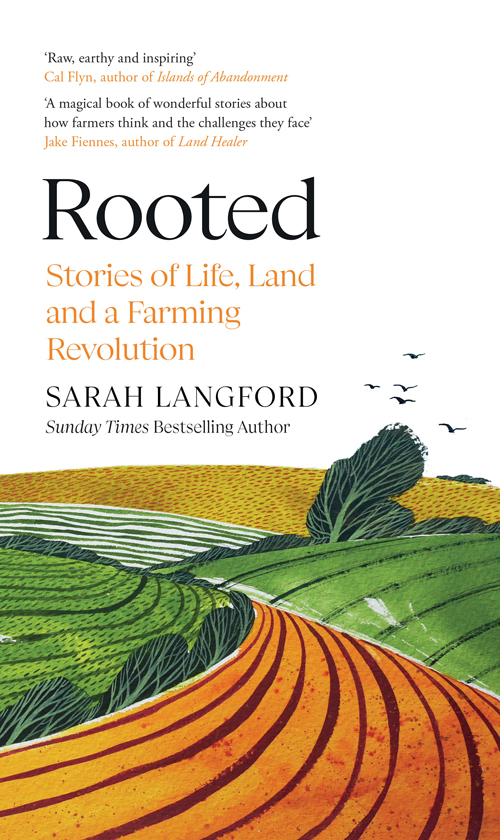
Bestselling author Sarah Langford’s new book Rooted: Stories of Life, Land and a Farming Revolution is out now. It’s an authentic, beautifully written portrait of 21st-century farming.
A version of this article was originally published in CPRE’s award-winning magazine, Countryside Voices. You’ll have Countryside Voices sent to your door three times a year, as well as access to other benefits including discounts on attraction visits and countryside kit from major high street stores when you join as a CPRE member. Join us now.
